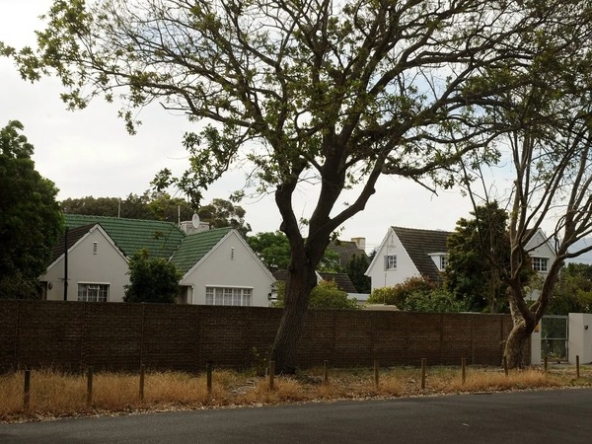The signing of the Expropriation Act into law has been one of the most topical subjects of 2025 so far, with the recently elected US President Donald Trump taking aim at the law on Monday, sending the rand into a tailspin.
The main question many South Africans are asking is how the law will impact residential property owners, buyers, sellers, and investors.
Samuel Seeff, Chairman of the Seeff Property Group said that there is no need to panic.
The new Act is very specific in terms of the conditions for expropriation. which include
- Land held solely for speculative appreciation without productive use or development intent.
- State land which is unused, and unlikely needed for future core functions.
- Abandoned land where, despite being reasonably capable, the owner has demonstrably relinquished control.
- Where the market value of the land is less than or equal to the state’s investment in its acquisition and improvement.
Importantly, the protection of the “property clause” under Section 25 of the Constitution remains in place, Seeff has explained.
He said the Act, which replaces the outdated Expropriation Act of 1975, was largely expected by the property industry, and he has emphasised that the law has been sensationalised, and conflated beyond the actual implications of the Act, and noted that arbitrary property deprivation is specifically prohibited.
“While the Act provides for expropriation at nil-compensation, there are checks and balances contained in the Act. This includes that it must be in the public interest, and follow extensive consultation and negotiation with the courts having the final say if no agreement is reached,” he added.
Ramaphosa and the Government of National Unity (GNU) have also been firm in their commitment that no land grabs of whatsoever form will be tolerated.
Seeff said that the aim is for expropriation to be lawful, and done with careful consideration to promote economic growth, development, and investor confidence.
Are we becoming another Zimbabwe?
With regard to, residential property, and having regard to the Zimbabwe experience, Seeff noted that it never involved residential homes.
“Compensation has also since been paid for the expropriated farms. There are also additional implications when it comes to residences such as the banks and mortgage loans over properties,” he added.
“It therefore remains business as usual for the property market with the legal protections of private property in place,” he said.
Meanwhile, speaking at the Mining Indaba in Cape Town on Monday, Public Works and Infrastructure Minister Dean Macpherson has promised investors that there will be no land grabbing or land confiscation in South Africa.
We are in a better space than last year
Meanwhile, South Africa’s property market has started this year on a better footing compared to last January following three successive interest rate cuts which have hugely boosted affordability and confidence in the property market, he said.
“It is a new year, and many young professionals will be looking to get their foot on the property ladder. There is excellent value for buyers in the inland provinces, including Gauteng which usually sees the highest influx of first-time buyers in the country,” Seeff said.
He advised that while the traditionally strong areas such as the Western Cape and coastal hotspots are expected to enjoy a good year, Gauteng and inland markets will gain good momentum in 2025.
IOL BUSINESS




